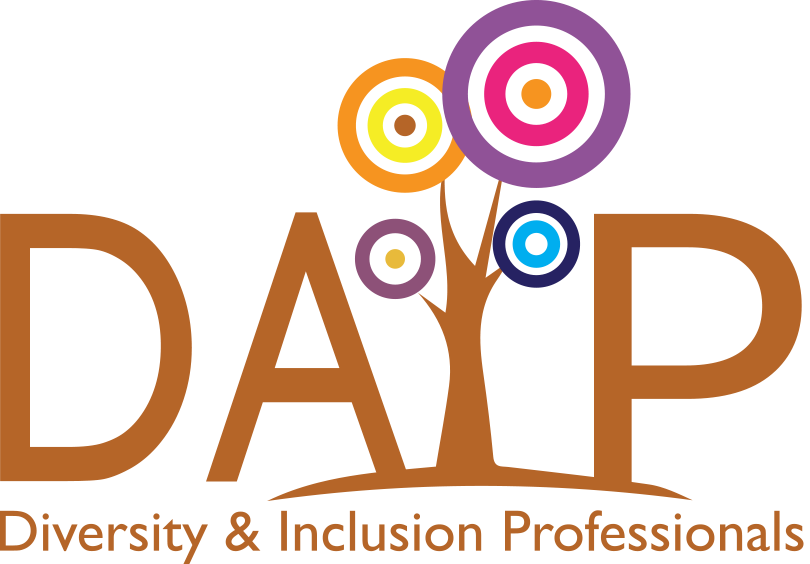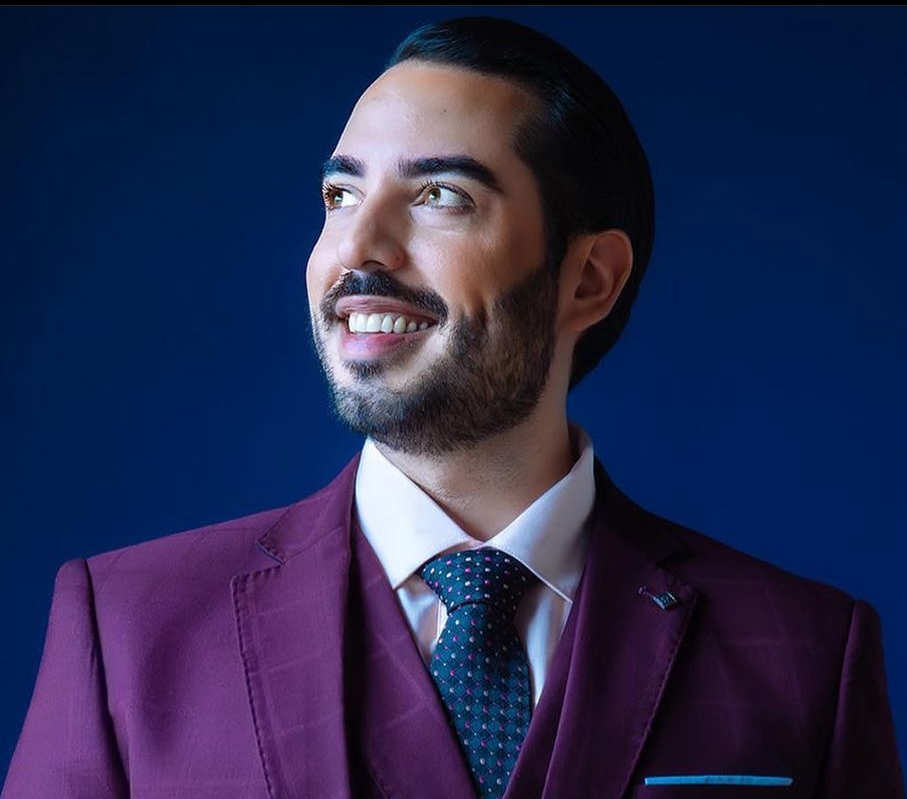
As we enter the new year with good intentions, many of us focus on setting goals or resolutions. This requires choosing specific end goals and identifying the actions we’ll need to take throughout the year to work towards those goals.
If we’ve learned anything in the last few years, it’s to expect the unexpected. I prefer, instead, to first think broader by setting my vision for the year, and choosing overarching themes or mantras to guide my personal and professional life. (In purpose-driven work, the professional is often personal, and cannot be separated.) With a vision for my intentions and mantras for the year, I find it easier to adjust my plan when the inevitable curveballs come my way.
For the coming year, here are three vision setting themes I will use to evaluate and choose my actions this year, based on the trends and challenges that have come into focus over the last few years.
- Accountability = taking transformative action. As we plan and create this year, in EVERYTHING we do, we need to ground it in the following question: is this an action-oriented step forward which gets us closer to equity and justice? If not, our time and resources should not be devoted to it–we can’t waste time on things which do not move us forward. There is too much work to be done to waste our time doing work that does not transform people, organizations, and systems.
- Everyone is responsible for the work. I can’t do it all, and neither can you. For too long, DEI initiatives have been siloed, and the responsibility has fallen on folks with lived experience. But the burden of continuing to fight for progress, and shouldering the stress of individual and organizational growth should not fall on one person–it’s everyone’s responsibility. This year, I vow to say no a little more, to ensure I have the stamina and emotional energy to continue this work for the long run. And to engage people whose privilege has allowed them to sit on the sidelines until now, to share the burden of doing this critical work and bringing others along with us. I encourage those in the DAIP community to do the same.
- Empower others to overcome their fear of discomfort. We’ve all been talking about creating safe spaces for a while now, but we must clarify that these spaces should be a soft, safe place to land while we do difficult, uncomfortable work. Privilege allows people to opt out of doing the uncomfortable work–we can’t let fragility get in the way of participation. Let’s encourage those within our circle of influence to be courageous in the face of discomfort. It’s the only path towards growth.
With these themes in mind, I’m excited to approach the year ahead. Let’s hold ourselves and those around us to a higher standard. We’ll all be better off for it.
– Kevin Matta, President of DAIP’s Board of Directors

